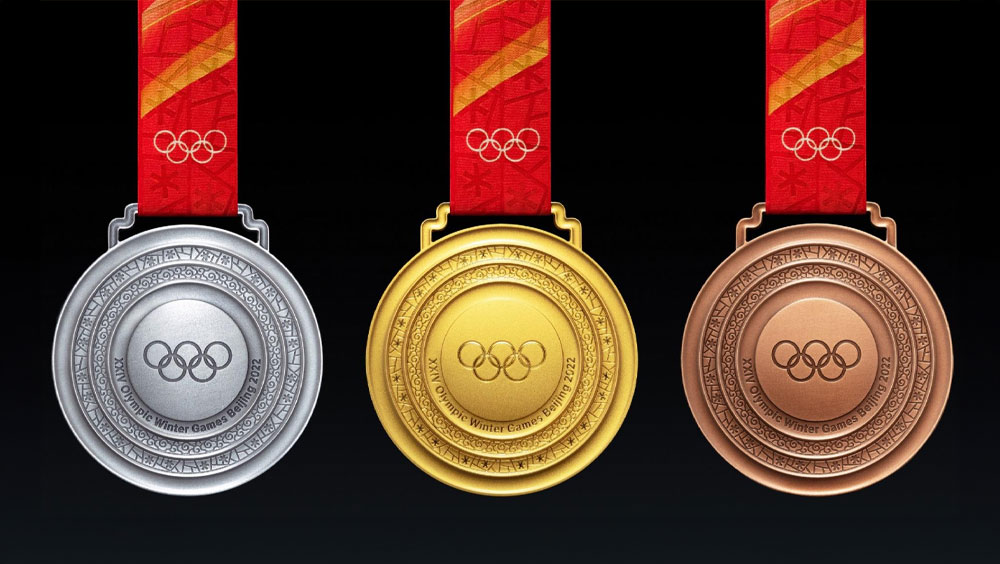Every four years, the best athletes from around the world compete for Olympic glory—but are the Olympic gold medals real gold? While they are highly coveted symbols of victory and excellence, many people are surprised to learn the reality behind these iconic prizes. In this article, we’ll explore what Olympic gold medals are really made of, how much gold they contain, and why their true value is both symbolic and material.
The Truth Behind the Shine
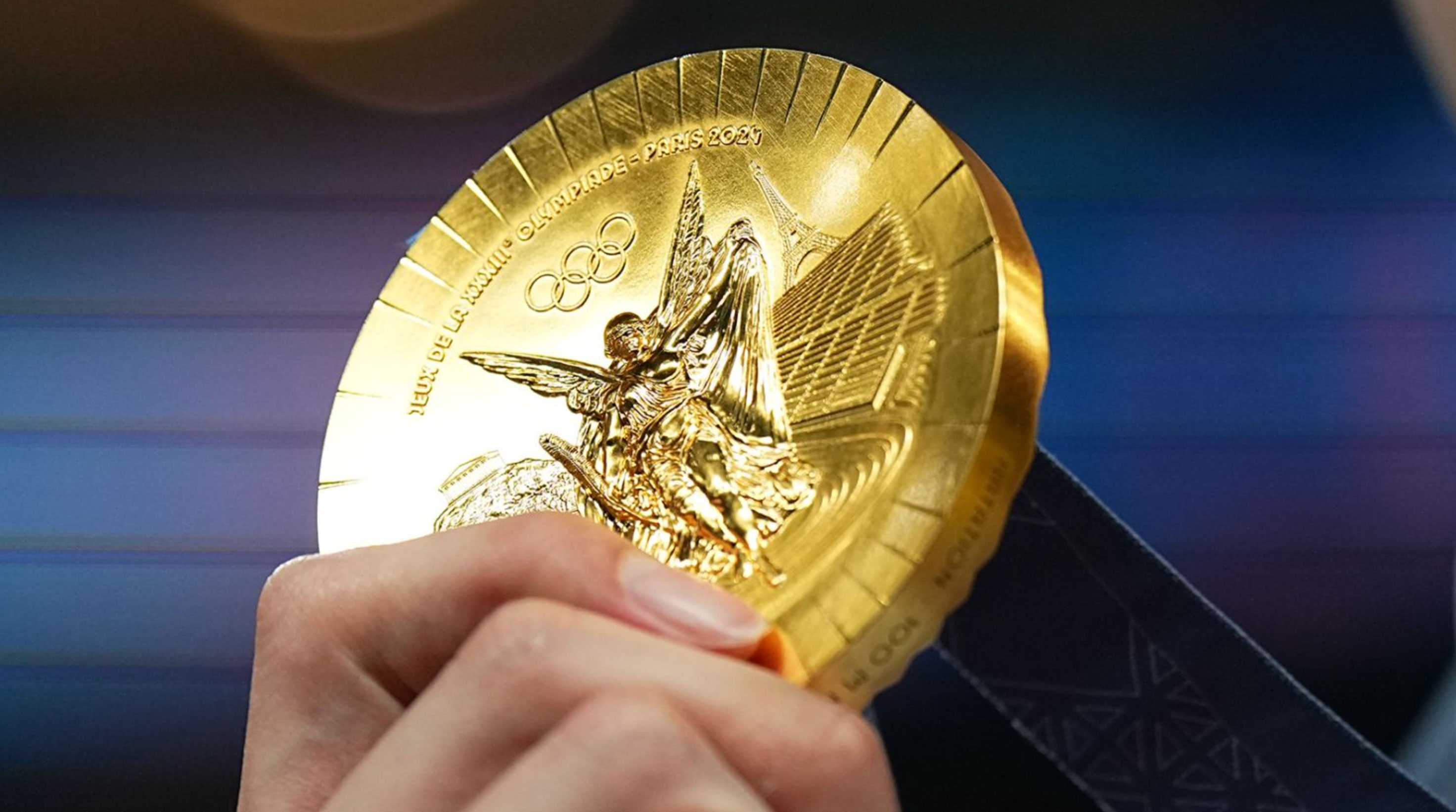
Many assume that Olympic gold medals are made entirely of solid gold. However, the answer to the question, 'are the Olympic gold medals real gold,' is a bit more complex. Modern Olympic gold medals are primarily made of silver, with a thin coating of pure gold. This means they aren’t solid gold, but they still hold significant material and symbolic value.
Composition of a Gold Medal

So, what are the Olympic gold medals made of exactly? According to the International Olympic Committee (IOC), a gold medal must contain at least 6 grams of pure gold and be composed mostly of silver—about 92.5% to be exact. This standard has been in place since the 1912 Stockholm Games. The gold layer is electroplated onto the silver base, giving it that iconic golden look.
Historical Changes in Medal Composition
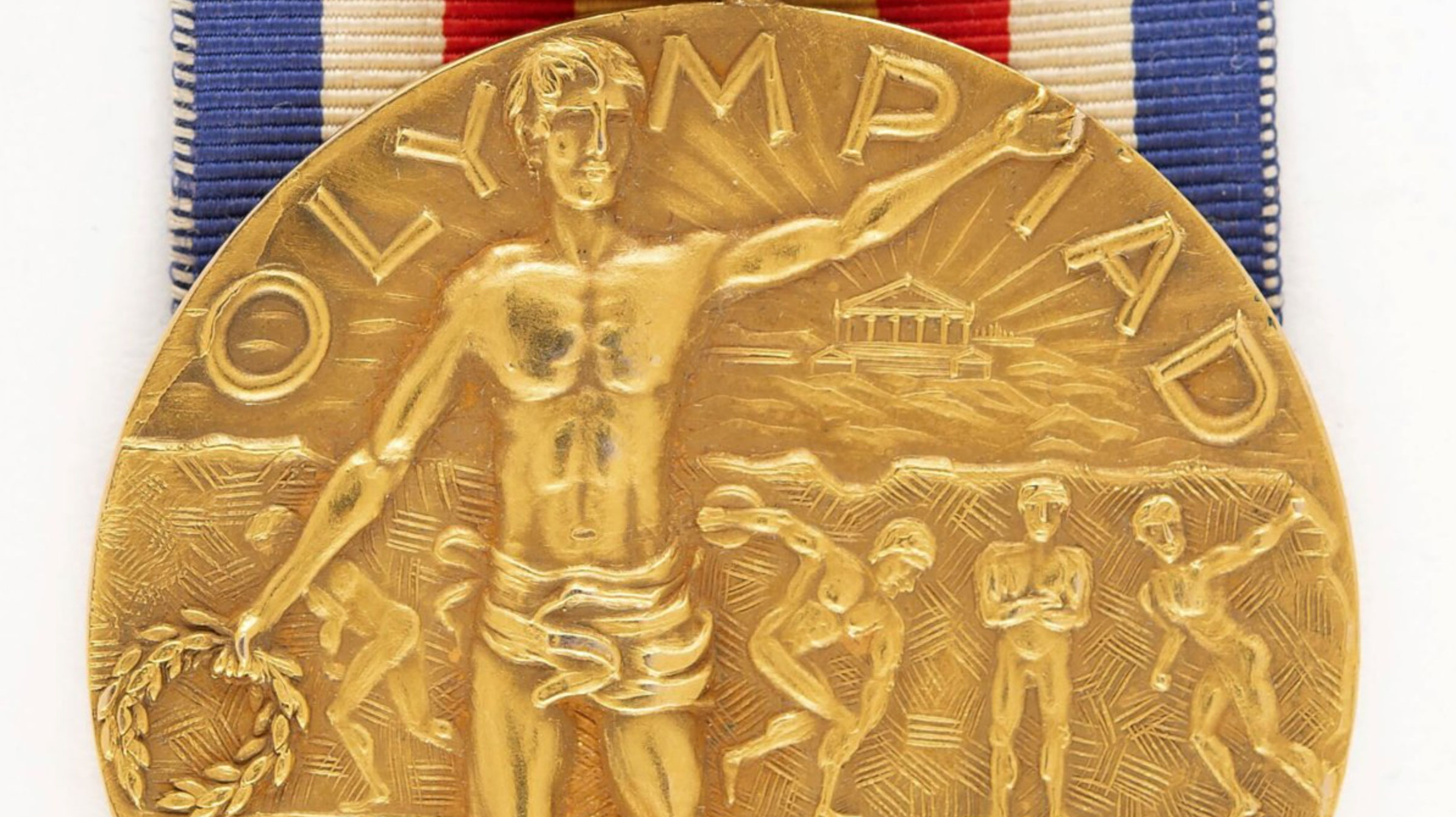
In the early days of the modern Olympics, gold medals were in fact made of solid gold. During the 1904, 1908, and 1912 Olympic Games, winners received medals with 24-karat gold content. However, due to rising costs and practicality, the components were altered over time. The question 'are the Olympic gold medals real gold' found a new answer post-World War I, when full-gold medals became economically unfeasible.
Cost VS Value
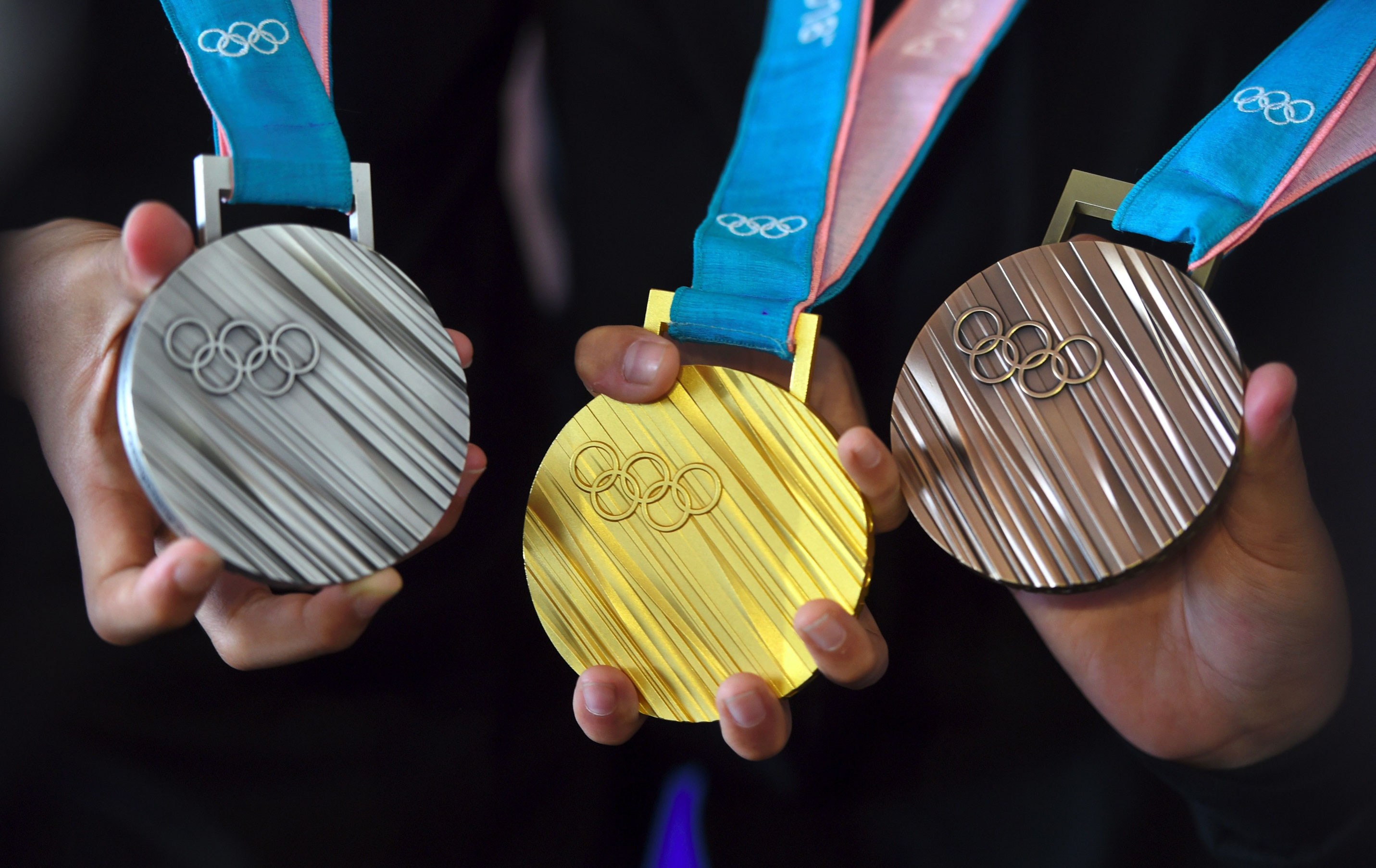
Though today's gold medals aren’t made entirely of gold, they still come with significant value. The actual material cost of a medal depends on the current market prices for gold and silver. A typical gold medal, with about 6 grams of gold and over 500 grams of silver, can be worth anywhere from $800 to $1,200 in metal value alone. However, their symbolic value and the honor of winning are what make them truly priceless.
Crafting the Olympic Medals
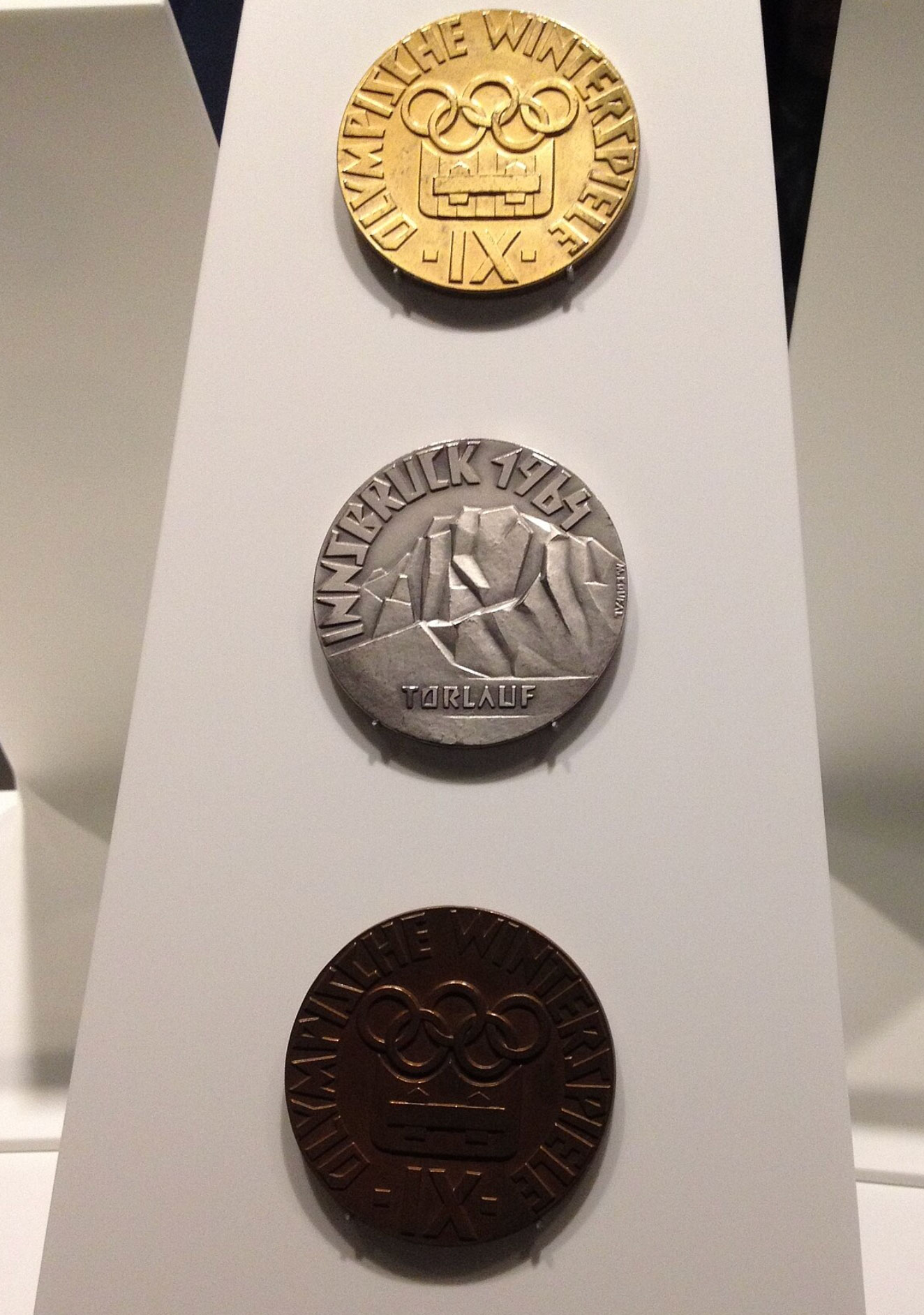
Creating an Olympic gold medal is a meticulous and artistic process. Host cities take pride in designing and producing their own versions of the medals, infusing local culture and history into their design. Nevertheless, all medals must comply with the IOC’s weight and metal composition rules, reaffirming the standard answer to the question, 'are the Olympic gold medals real gold.'
Other Types of Olympic Medals

Silver and bronze medals, awarded to second and third place finishers, are made of sterling silver and bronze respectively. Bronze medals are typically made of a mix of copper and tin. While these medals don’t contain any gold, they are equally valued in the hearts of those who earn them, demonstrating that material isn’t the only source of worth.
Gold Medals in Modern Olympics
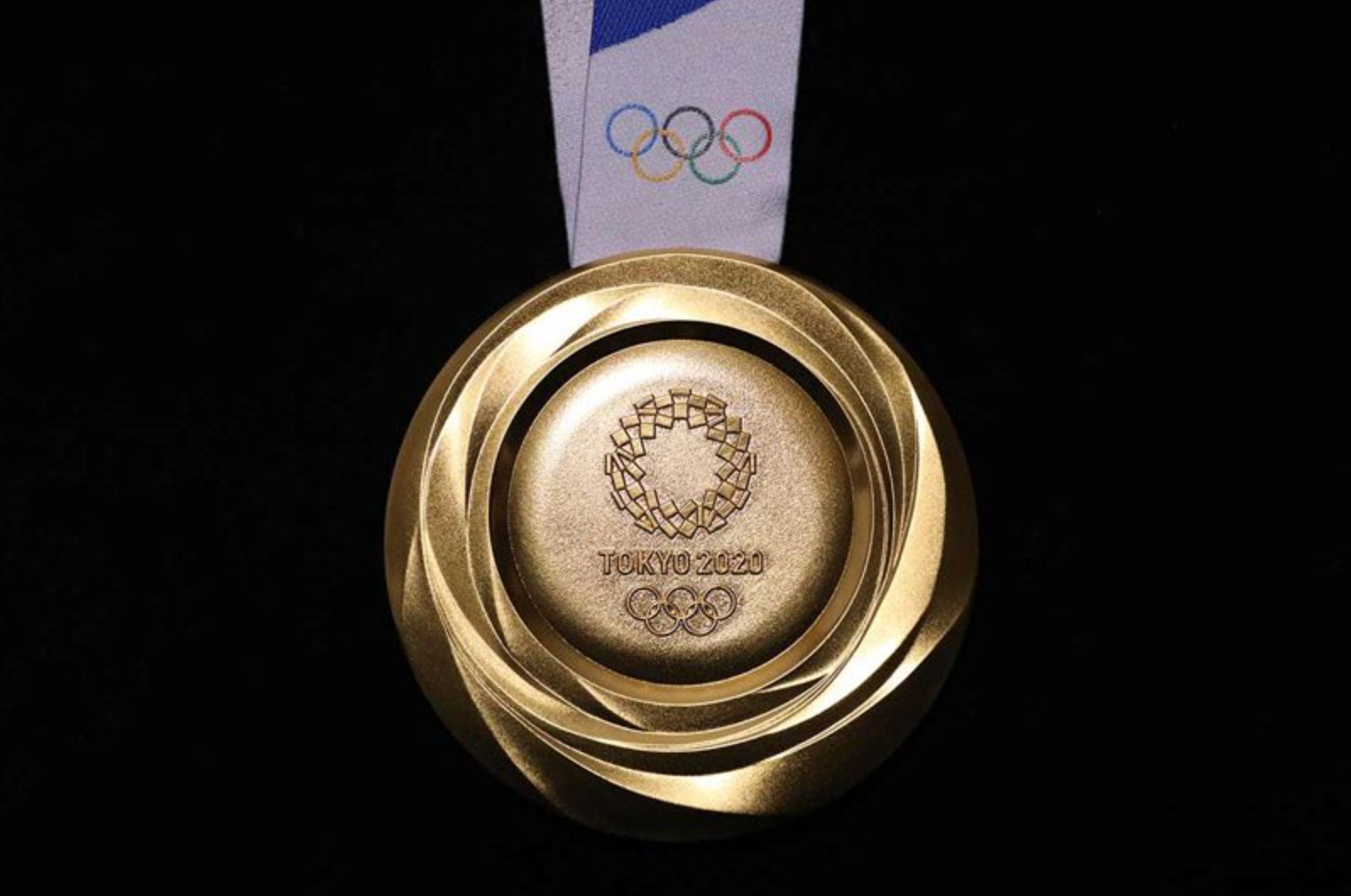
Recent Olympics, such as the Tokyo 2020 Games, have continued the tradition of thinly gold-plated silver medals. In Tokyo’s case, the medals were made using metals reclaimed from recycled electronics—a nod to sustainability. Even though they raise the question again—'are the Olympic gold medals real gold'—the innovation and tradition behind their making make them special.
Why the Illusion Still Matters
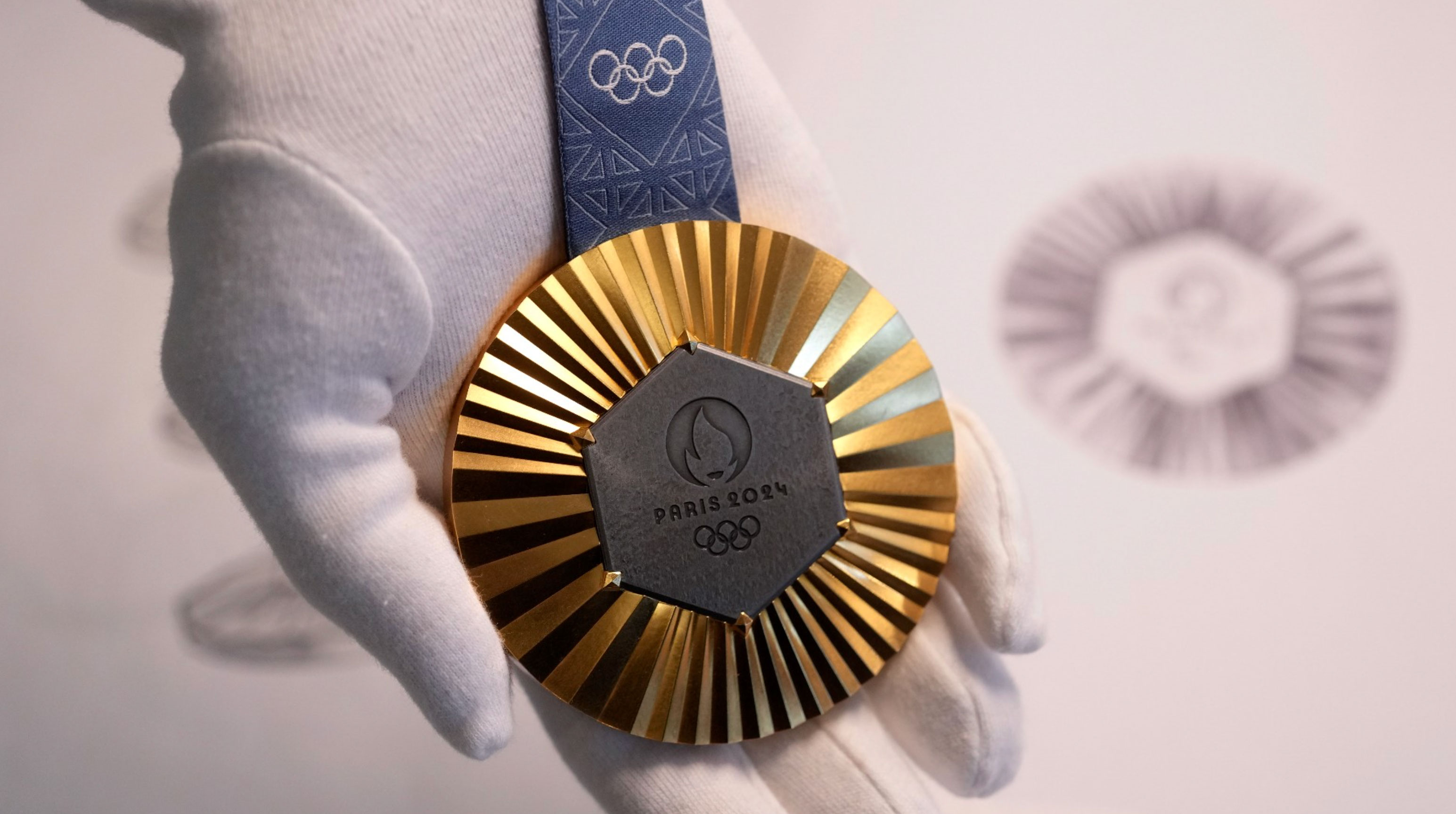
Even though Olympic gold medals aren’t solid gold, their significance isn’t diminished. For athletes, the medal represents years of hard work, sacrifice, and dedication. The golden sheen provides a fitting tribute to those who have reached the pinnacle of their sport, proving that the illusion still holds powerful meaning in the world of competition.
So, are the Olympic gold medals real gold? Technically, no—they're mostly silver with a thin layer of real gold. But their true value isn't in their metal content, it's in what they represent. Olympic medals embody perseverance, outstanding achievement, and national pride. Whether made of solid gold or not, Olympic gold medals will always remain a priceless reward for the world’s top athletes.

